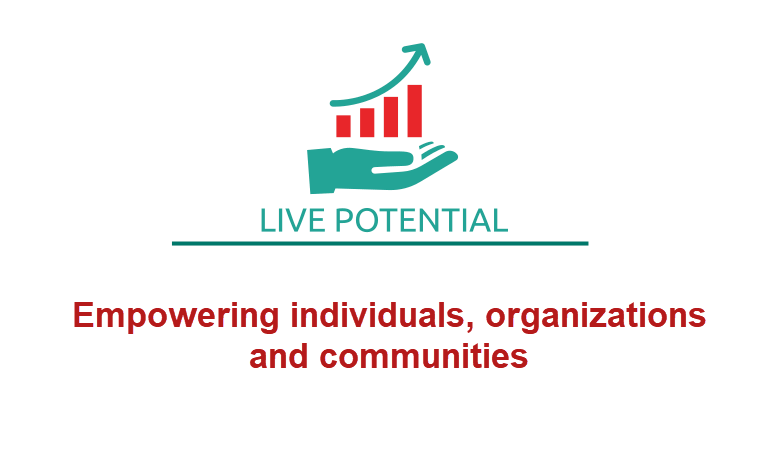Tutoring and Development
Someone posted on one of the platforms which I use to meet my clients. I was unable to take on the job but felt compelled to share. The reflection which came along with it is worth sharing as this is not the first time I have encountered parents with similar concerns: the child had just started kindergarten, and the parent was seeking help with their reading. The concern was that the child came into kindergarten not knowing how to read and the parent was worried how slow the process was taking.
Kindergarten and first grade are actually the classes where they learn these skills. They should have been preparing for it and developing supplemental skills in the years before. They should not be expected to come to school already knowing their letters, letter sounds, numbers, how to count or how to read. It is the job of their teachers to take them on that journey. I first learnt this from my daughter’s kindergarten teacher, who had a hard time helping a few students unlearn what they were taught before as it slowed down the learning process rather than helped it. Keep in mind that children bloom academically at different ages. It is not uncommon for a 5 to 6 year-old not to show interest in or seem to struggle with learning a new concept. Then, in a few days, months or even a year, end up fully embracing it, and grow rapidly.
It is a sensitive time when children show resistance. Be careful not to push them too much that they shut down, as this can affect their future academic growth. I have seen examples of this. This is a root cause of students who have low self-esteem and lack confidence. Be attentive to their needs and try to determine the source of their resistance in order to take an appropriate approach. We tend to transfer our own anxieties about their learning or where they are in comparison to others in their class. This can be harmful to their development. Keeping in mind what I started this with: children learn and develop differently and at different paces. It does not mean that there are times these concerns are merited. However, guard against ignoring a child’s individual need, and focusing on taking them to a place that they are not yet ready for. This can be dangerous and leave long term effects on their learning.
If you want to help, try to have fun with learning. Engage the child and use their environment. Talk about the letters or numbers you encounter as you normally interact with your environment. For example, play games like “I Spy” or find letters or numbers on the street as you commute, mixed with other finds. Do not let it be all about academics. Have them help in the kitchen or the grocery with tasks they can count without focusing on the counting. For example, ask them to get a certain number of things for the grocery cart: “let’s take five of these yogurts and two of those.” Do it with them, and do not expect them to know it on their own. This will build confidence. It is academic but they most likely will not recognize it as that.


